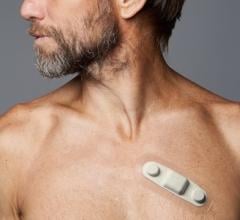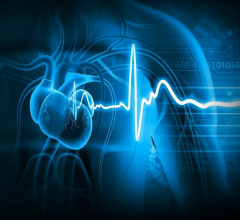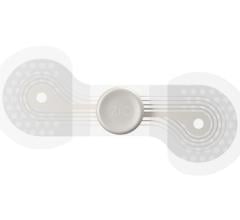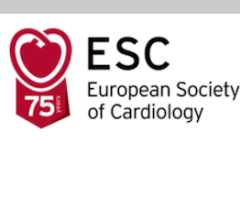
July 12, 2017 — Cardiac Insight Inc., a U.S. developer of wearable medical devices and diagnostic software, announced its FDA-approved Cardea Solo ECG monitoring system is available for diagnosing atrial fibrillation (AF or AFib) following cardiac ablation. The company’s cardiac monitoring device supports a recent formal consensus statement by experts from 11 leading international cardiology organizations that recognizes the use of wearable sensing devices in patients who have undergone AFib ablation procedures.
The formal acknowledgement of wearable sensors was one of a series of recommendations for treating the millions of patients who have AF, a common rhythm disorder that increases the risk of heart failure and stroke. The expert consensus statement was collectively developed by the Heart Rhythm Society (HRS), European Heart Rhythm Association, European Cardiac Arrhythmia Society, among several others.
Cardiac ablation is an invasive procedure that is used to eliminate atrial fibrillation. Among its many applications, Cardea Solo is a new, distinctive, cost-effective and timely solution for monitoring the effectiveness and results of atrial fibrillation ablation.
“The societies’ recommendations will advance the treatment of atrial fibrillation, including the use of wearable sensors like Cardea Solo for diagnosing heart rhythm disorders and monitoring patients after atrial fibrillation ablation,” said Robert Hauser, M.D., FACC, FHRS, HRS past-president and senior consulting cardiologist (retired), Minneapolis Heart Institute. “It is vital to detect and treat atrial fibrillation before it causes a stroke or heart failure. Cardea Solo provides the information doctors need in a more timely and cost-effective manner than currently offered by other wearable sensors.”
Cardea Solo is the first and only wearable cardiac sensor to eliminate the need for expensive and time-consuming third-party service centers and puts the control of patient data, analysis and processing in the hands of physicians and their staffs.
The device sensor records ECG data and patient symptoms. The wearable sensor is small, lightweight (approximately the weight of three quarters), lead-less, water-resistant and single-use disposable. Patients can wear Cardea Solo comfortably under their clothing for up to seven days and maintain their normal daily activities. The design and ease-of-use also makes it more likely patients will wear the sensor and capture meaningful data for enhanced evaluation.
For more information: www.cardiacinsightinc.com


 December 19, 2025
December 19, 2025 









